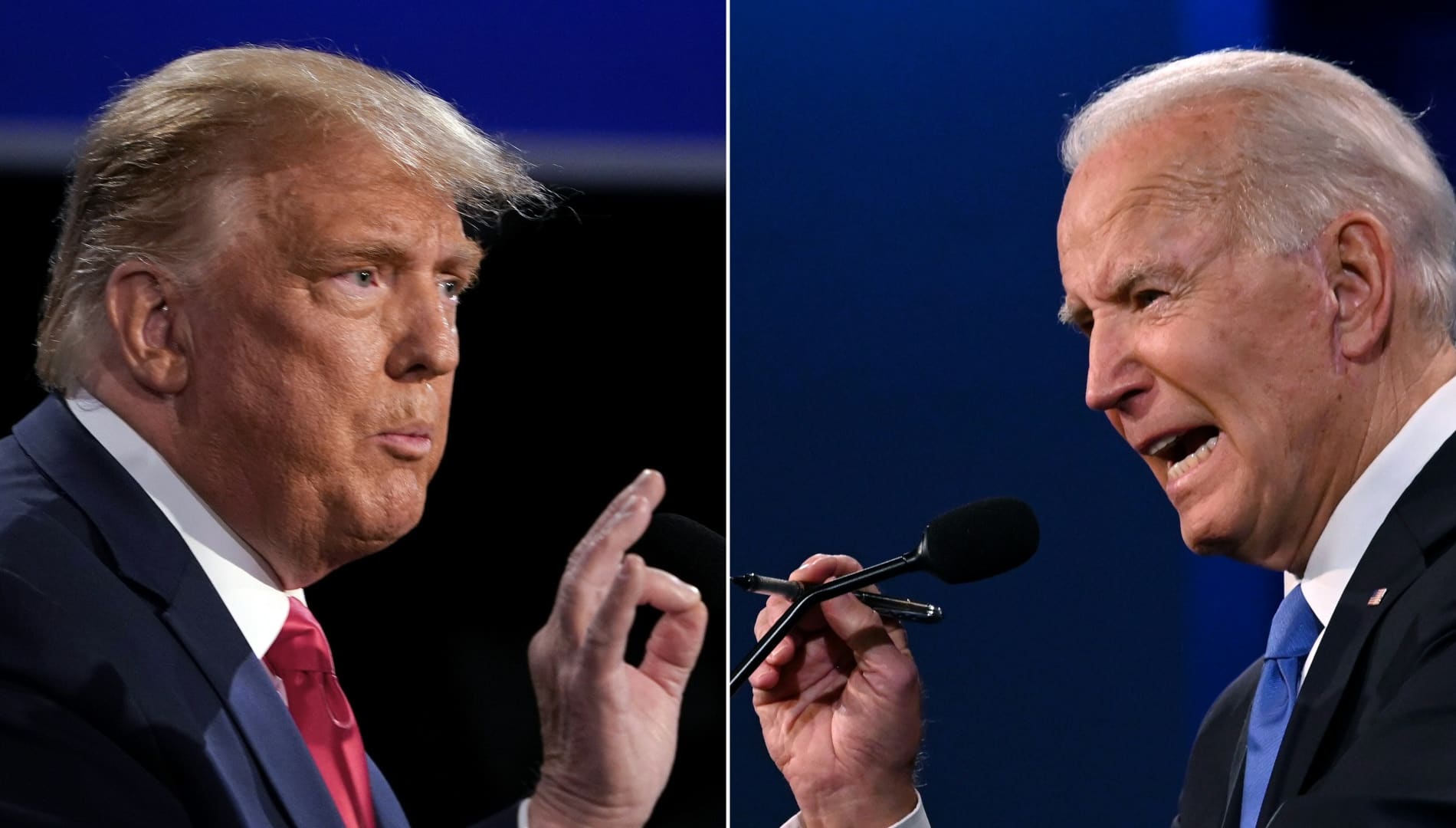OPINION: This article may contain commentary which reflects the author's opinion.
Another state Supreme Court has issued a key ruling ahead of the crucial midterm elections in regard to balloting changes made ahead of the 2020 contests that were unprecedented for many locations around the country.
In a unanimous decision, the Delaware Supreme Court ruled on Friday that universal mail-in balloting and same-day voter registration both violate the state constitution. “The Vote-by-Mail Statute impermissibly expands the categories of absentee voters identified in Article V, Section 4A of the Delaware Constitution. Therefore, the judgment of the Court of Chancery that the Vote-by-Mail Statute violates the Delaware Constitution should be affirmed,” the court wrote.
NEWS: Delaware Supreme Court has overturned vote-by-mail and same-day registration, a HUGE blow to Delaware Democrats.
More TKhttps://t.co/b5d1s9oVNz
— Meredith Newman (@MereNewman) October 7, 2022
Reports noted that while absentee voting in the state is legal, there are restrictions. For instance, voters must be unable to actually reach their polling place due to a physical disability or a chronic illness that prevents them from being able to cast a ballot in person.
“The Vote-by-Mail Statute impermissibly expands the categories of absentee voters identified in Article V, Section 4A of the Delaware Constitution. Therefore, the judgment of the Court of Chancery that the Vote-by-Mail Statute violates the Delaware Constitution should be affirmed,” the court wrote.
“The Same-Day Registration Statute conflicts with the provisions of Article V, Section 4 of the Delaware Constitution. Consequently, the judgment of the Court of Chancery that the Same-Day Registration Statute does not violate the Delaware Constitution should be reversed. The Court enters this abbreviated order in recognition of the impending election scheduled for November 8, 2022, and the Department of Election’s desire to mail ballots to voters by or around October 10, 2022,” the ruling noted further. “A more formal opinion, fully explaining the Court’s views and the reasons supporting our unanimous decision, will issue in due course. The mandate shall issue immediately.”
Ayonne “Nick” Miles, a plaintiff in the lawsuit that sought to overturn the rules implemented ahead of the 2020 elections, said the case was never about the statute itself, but the way it became law.
“This has always been about the process and the fact that the General Assembly brazenly disregarded the amendment process and thought they were untouchable and couldn’t be challenged,” Miles said. “The highest court in Delaware just put them in their place.”
Sen. Kyle Evans Gay, a Democrat who sponsored legislation in the historically blue state that is home to President Joe Biden, said he was disappointed in the high court’s decision but at least praised the process.
“I’m disappointed by the Supreme Court’s ruling but I respect it entirely,” Gay told Delaware LIVE News. “I’m just really thankful that we now have certainty in what we need to do in order to continue to expand voting rights.”
She added that she still believes her interpretation of the Constitution, that it provides “a floor, not a ceiling” to the reasons residents can vote absentee, the report said.
“But the Supreme Court disagreed, and like I said on the Senate floor, that is our system of democracy — that is our checks and balances,” Gay said. “The Supreme Court has done its part and it’s now up to the legislature to do its part to [enact] the policies that we want to be enacted. It’s not impossible. It just has to be done differently.”
Gay added that the state general assembly should take up the issue during its next session and enact a constitutional amendment that could provide for expanded mail-in balloting and other methods of voting. To that end, Jane Brady, attorney for plaintiffs Michael Higgin and Michael Mennella, said that’s what should have happened in the first place.
“If the General Assembly wants to revisit the issue, they have to do it by a constitutional amendment,” she said. “We know that now for sure.”
But Delaware Attorney General Kathy Jennings, who represented the state before the Supreme Court, made the issue political. She said that residents are still suffering from COVID and that Republicans only want to make it harder for them to vote.
“Whether it’s pulling votes on a constitutional amendment, withholding them on popular vote by mail legislation, or suing to restrict ballot access, the Delaware Republican Party is showing us the lengths they’ll go to stop the people from voting,” Jennings added. “Extremists are celebrating today at voters’ expense.”
Media outlets noted, however, that three of the five Supreme Court justices are Democrats: Justices Collins Seitz Jr., James Vaughn Jr., and Superior Court Judge Jan Jurden. All five of the justices were appointed by Democratic governors.
